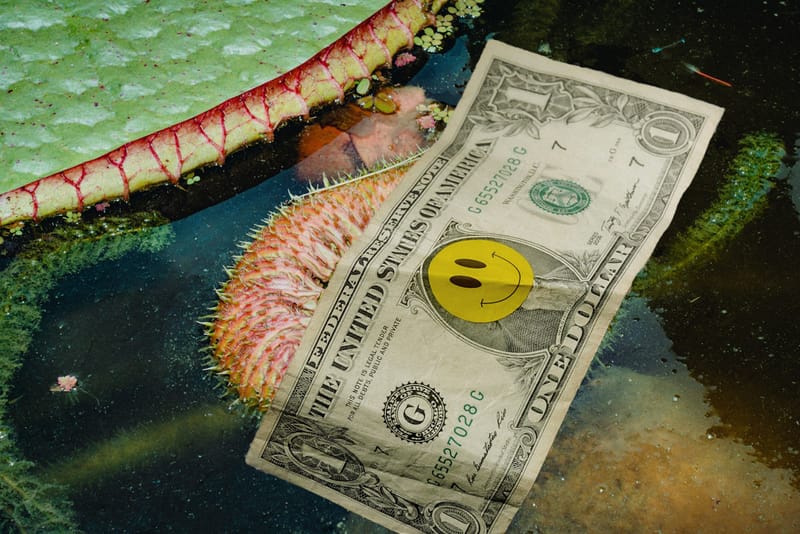The Storm Jury's Dilemma: Was Crime The Goal All Along?
The prosecution and defense have rested in the trial of Roman Storm. The main question now facing the jury: what was he really thinking?
Core issues came into clear focus today as both prosecution and defense teams presented closing arguments in the criminal trial of Roman Storm, co-creator of Tornado Cash. Storm stands accused of money laundering, sanctions violations, and transmitting criminal funds – but the prosecution and defense agree that he had no communication with the criminals doing the laundering.
Instead, the prosecution’s case relies, substantially and perhaps entirely, on convincing jurors that Storm, along with cofounders Roman Semenov and Alexey Pertsev, created Tornado Cash at least in part with the intention of profiting from the concealment of criminal funds. The defense, which rested its case yesterday, has emphasized that Storm and co. received public encouragement, funding, awards, and praise for their project from the Ethereum developer community, including from system co-founder Vitalik Buterin.
In the prosecution’s nearly two hour closing statement, delivered by prosecutor Benjamin Gianforti, a recap of Telegram messages among Storm, Semenov, and Pertsev convincingly undermined that sense of routine normality. Gianforti in some cases stretched to reframe expressions of panic or fear over criminal use of the protocol as awareness that, combined with inaction, amounted to complicity – but other statements expressed real knowledge of Tornado Cash’s criminal use.
For instance, prosecutors have and continue to characterize a message from Roman Semenov that “shit [will] hit the fucking fan” as foreknowledge that Tornado Cash was widely used by hackers. More damning messages reviewed for the jury this morning showed Roman Storm advising that a marketing message should reflect that Tornado Cash “[is] not entirely about helping bad guys” – a seeming admission that he knew it partly was about helping bad guys.
Other reviewed evidence supporting the prosecution’s theory of the case involved Roman Storm’s use of the Russian branch of Binance, a third party account, and a Russian VPN proxy to sell around $8 million worth of TORN tokens in August of 2022.
The prosecution has argued, and continued to argue today, that choosing not to shut down Tornado Cash after this criminal use became known to them amounts to an act in furtherance of various conspiracies. In response to defense arguments that privacy was the real goal, attested to by various interactions with other Ethereum builders, Gianforti argued today that “privacy became the cover story for Tornado Cash, not the goal” and that “when the defense says privacy, what that really means is hiding money for criminals.”
But in his own closing statement, defense attorney David Patton argued that in these and other respects, “the government has this completely wrong.” Patton’s spindly frame, glasses, and nasal burr helped convey the very appropriate impression of an angry nerd as argued that Gianforti’s closing “utterly turned the facts and the law upside down.”
Patton emphasized that collecting no user information was key to Tornado Cash’s promise of complete and non-custodial privacy. “Did that also make it very useful for criminals? Of course it did. You bet it did.” But, Patton continued, so do many other everyday products, including “your cell phone, full of features we all find useful, and so do criminals.”
“In order to be guilty,” Patton hammered, “it is not enough to just know a criminal is using a product you make … you have to act willfully with the purpose, with the goal, that the underlying crime be committed … The goal has to be furthering crime.”
Now, that key question of goals and intentions is largely up to the judgment of the jury. Whether they think privacy was Storm and Tornado Cash’s real purpose, or that this was just a cover story, will likely determine their verdict to a substantial degree.
Though it is possible the jury will remain late Wednesday to deliberate, it is now more likely a verdict is reached Thursday.
Independent journalism does not finance itself. If you enjoyed this article, please consider making a donation. If you would like to note a correction to this article, please email corrections@therage.co






